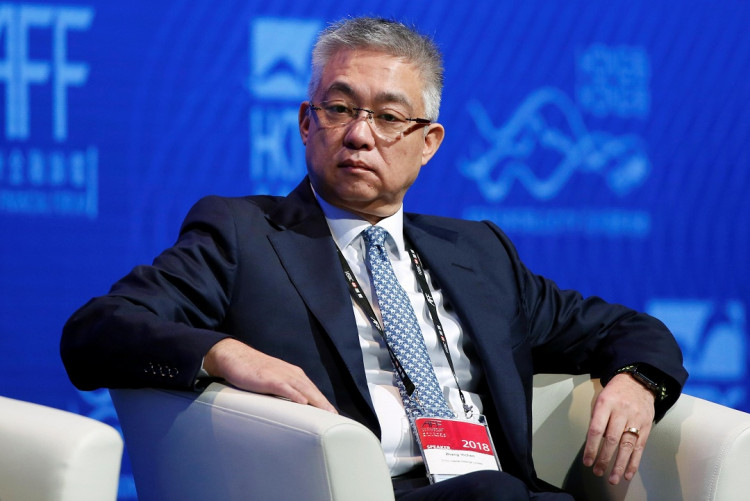Chinese buyout firm Citic Capital Partners is reportedly now eyeing major investments in China's semiconductor sector, which it believes will provide it with massive returns given its fast-paced growth.
The private equity arm of Citic Capital stated that China's chipmaking industry is quickly transitioning to self-sufficiency amid the ongoing trade dispute between China and the United States. This the transition will apparently greatly accelerate development in the the industry as companies are forced to become reliant on their own manufacturing capabilities and those of other local component suppliers.
The company, which recently acquired an 80 percent stake in McDonald's operations in China and Hong Kong, also pointed out that China's rapid adoption of next-generation cellular network technologies such as 5G will create a large demand for Chinese-made chips. Telecommunications companies around the country will need these chips to take advantage of the new network technology.
Since its establishment, Citic Capital Partners has mainly been focusing on investments in the media, business services, consumer, and telecom sectors. Now, the firm aims to expand its investment focus on rapidly growing industries. Citic Capital currently has around $7.4 billion in committed capital. In August, the company managed to raise an additional $2.8 billion for its fourth China buyout fund.
Citic Capital Partner's managing partner, Eric Xin, explained that the company already expects the rapid growth of China's semiconductor industry, which is why it is preparing to make long-term investments in the sector. Xin mentioned in an interview that telecom suppliers such as ZTE and Huawei will likely play key roles in the further development of China's chip supply chain in the coming year.
According to the executive, the transition to self-sufficiency and the development of China's internal semiconductor supply chain will not happen overnight. However, given enough time, further development in the the industry should provide Chinese semiconductor firms with a more A favorable environment for rapid growth.
Due to the recent ban imposed by the United States against Chinese firms such as Huawei Technologies, smaller Chinese components manufacturers have been getting increased orders. US suppliers such as Intel, Texas Instruments, and Qualcomm have all been barred from supplying their components to Chinese firms by the government due to its national security concerns.
While smaller companies stand to benefit from the US-imposed ban, larger tech firms that did not immediately adapt to the situation had experienced massive losses. Xin explained that this has significantly increased buyout opportunities in the chipmaking sector. However, the executive did not specify whether the company was actively looking to buyout tech companies that have been hit by the ongoing trade dispute.






